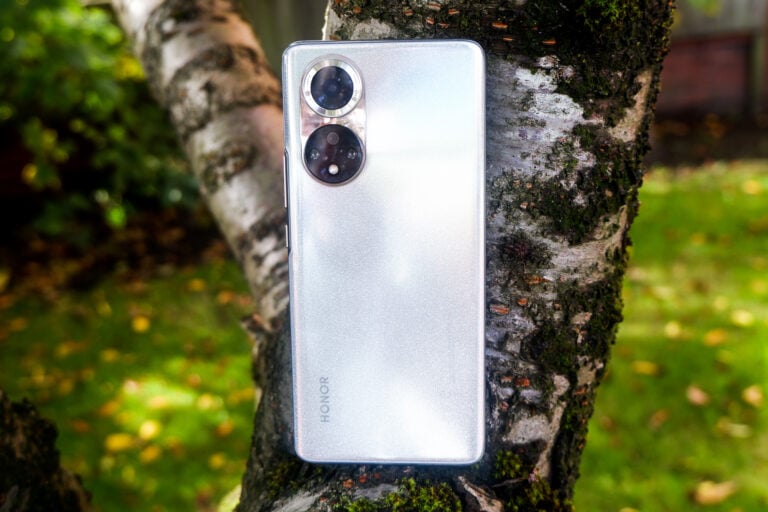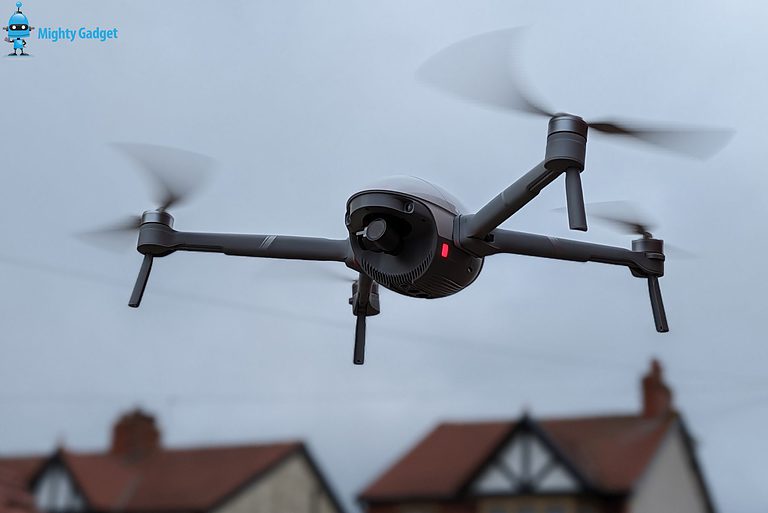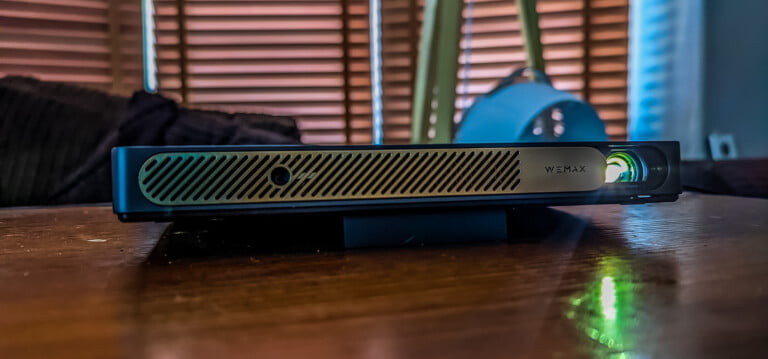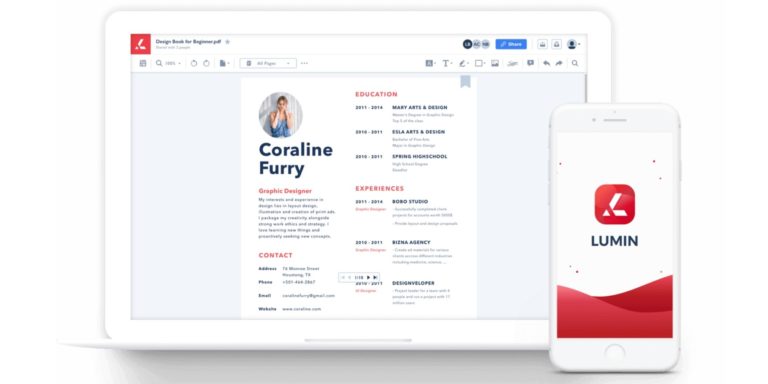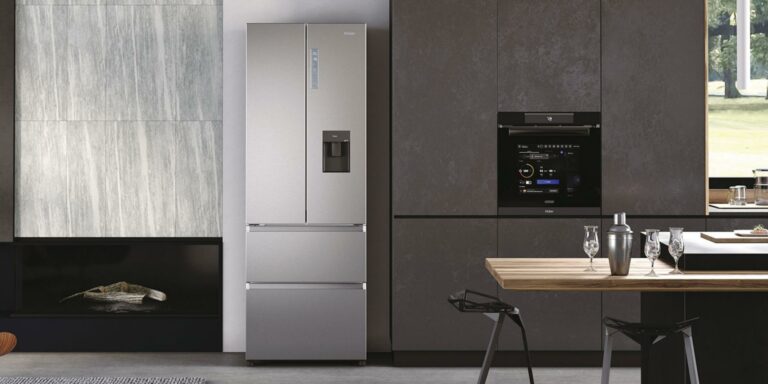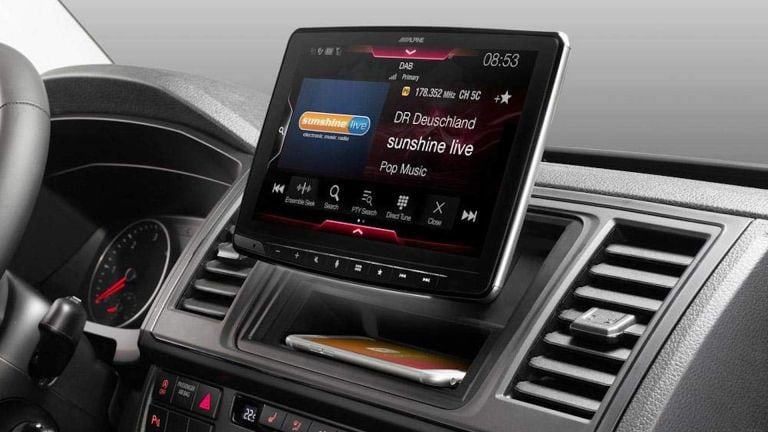Any links to online stores should be assumed to be affiliates. The company or PR agency provides all or most review samples. They have no control over my content, and I provide my honest opinion.
There are a lot of people who consider getting a smart meter from their utility provider. If you are one of these people, you should consider if getting a smart meter will save you money on your bills. You need to weigh the pros and cons of having one and know how to get one installed.
Your rental payments or mortgage payments are your largest expense and your energy bill will generally come second. According to research, more than 2 million people are overpaying on their electricity and gas. Getting a smart meter can help with this, but you need to know how they work and how accurate they are.
What Is A Smart Meter?
The old electricity and gas meter you have in your home can be replaced with a smart meter. These meters will do the same job as the one you already have, but they also send meter readings to your energy supplier automatically, so they know your electric and gas bills. The smart meter will be wirelessly connected to a display unit which can be propped on a sideboard.
The small display will tell you how much energy you are using in real-time. When you have a smart meter, you will not have to take energy readings and your utility provider will bill you based on the gas and electricity you use instead of an estimate. If you do not have a smart meter or want one, you can still submit your readings which is generally a simple task.
Do You Need A Smart Meter?
The simple answer to this is no, you do not need to have a smart meter. When you install a smart meter, you are not going to magically use less energy, but getting one will not increase your bills either. If you do decide to have a smart meter installed by your utility provider, you should not be charged for this.
Are Smart Meters Accurate?
Smart meters will store data regarding your energy usage every 30 minutes. Your utility provider will be able to access the data to ensure that you are accurately billed for the energy you have used. Unless you object, your supplier will be able to access the daily data on the meter. You have to provide express permission for half-hourly data to be accessed or for your data to be used for marketing.
If you provide permission, your supplier will be able to access all your energy consumption data through an app or online. This data can be used to provide advice on the best possible tariff for you or to offer a smart tariff which charges different amounts at different times of day.
Will You Save Money With A Smart Meter?
You will still have to pay for the energy you use whether you have a smart meter or not. The benefit of having a smart meter is the real-time data you get. This will tell you the precise amount of gas and electricity you are using. This data can be used to help you make better decisions regarding your energy usage such as not leaving the TV on standby all the time.
If more energy providers can understand how energy is used, they can create new tariffs based on your energy usage. Many energy suppliers state that customers will benefit from the money they save by not employing meter engineers and technicians. However, there are many people who are not convinced. The cost that comes from installing smart meters in every home will limit the savings.
Smart meters will help you be more energy efficient. This could lead to saving on your energy bill, but it is not a long-term solution. The best way to ensure you save money will be to combine this with switching your energy supplier.
The Disadvantages Of Smart Meters
When you install a new smart meter, there are some problems that you will face. It is important to know what they are before you make any decisions.
The first is the sharing of data and third-party information. The data from the meter can be used by suppliers and third parties to offer you new services and products unless you object to this. Energy companies can also use your data for marketing if you give them permission. It is important to note that who you share your data with is not always clear and you need to read the small print.
The next issue is the errors these meters can cause. When there is an error with the meter, the wrong information will be sent to your supplier. This can have negative repercussions on your bills.
The bills from your energy supplier may still be estimates. If you have a smart meter, your supplier will still encourage you to pay your bill on an annual basis based on a yearly estimate. This means that you will continue to pay for energy based on estimated use when you have a smart meter.
Smart Meters And Switching Suppliers
A smart meter can tell you about your energy habits, but will not provide you with long-term savings. Switching suppliers is considered the best solution for this. If you have a smart meter and switch suppliers, you could lose some of the features. This is due to first-generation smart meters sending readings from a SIM card inside them and there is no standardized system for this. However, these meters can be connected to the national infrastructure and new second-generation meters will work with all suppliers.
I am James, a UK-based tech enthusiast and the Editor and Owner of Mighty Gadget, which I’ve proudly run since 2007. Passionate about all things technology, my expertise spans from computers and networking to mobile, wearables, and smart home devices.
As a fitness fanatic who loves running and cycling, I also have a keen interest in fitness-related technology, and I take every opportunity to cover this niche on my blog. My diverse interests allow me to bring a unique perspective to tech blogging, merging lifestyle, fitness, and the latest tech trends.
In my academic pursuits, I earned a BSc in Information Systems Design from UCLAN, before advancing my learning with a Master’s Degree in Computing. This advanced study also included Cisco CCNA accreditation, further demonstrating my commitment to understanding and staying ahead of the technology curve.
I’m proud to share that Vuelio has consistently ranked Mighty Gadget as one of the top technology blogs in the UK. With my dedication to technology and drive to share my insights, I aim to continue providing my readers with engaging and informative content.


